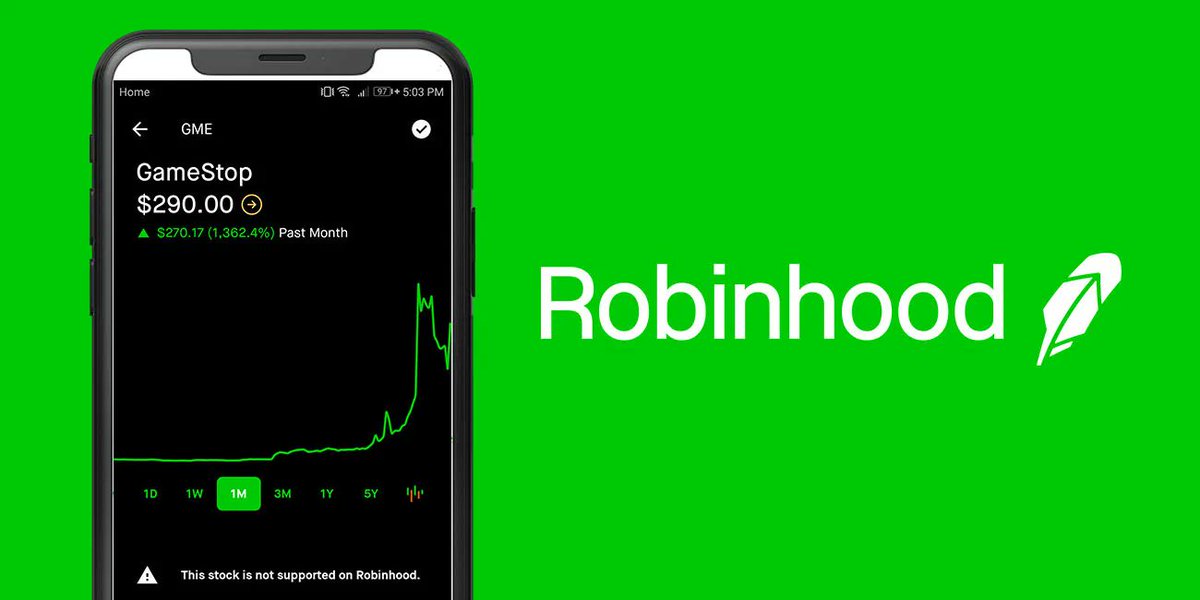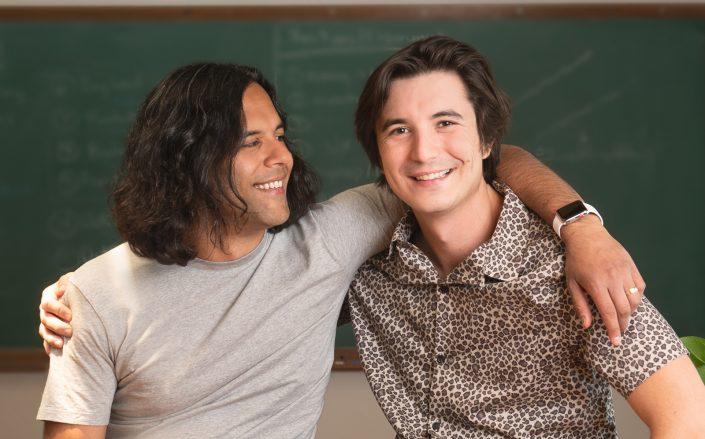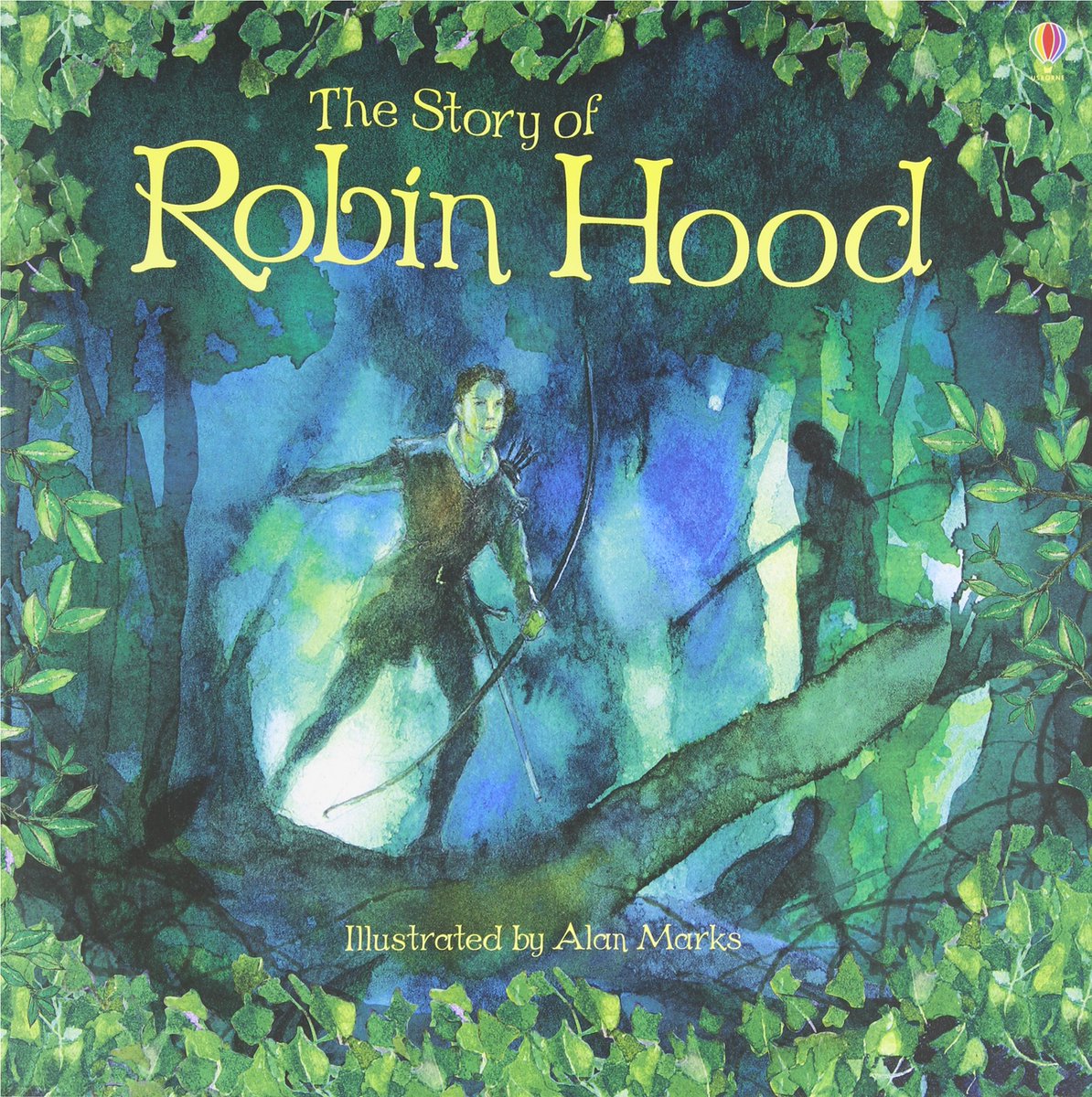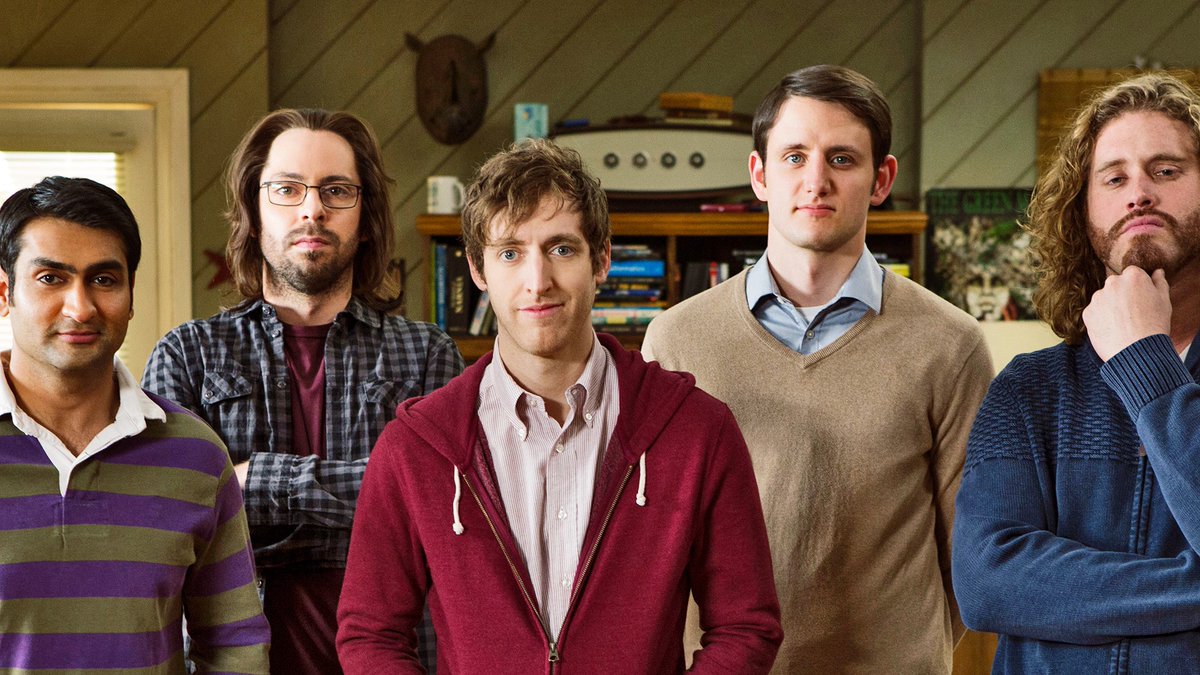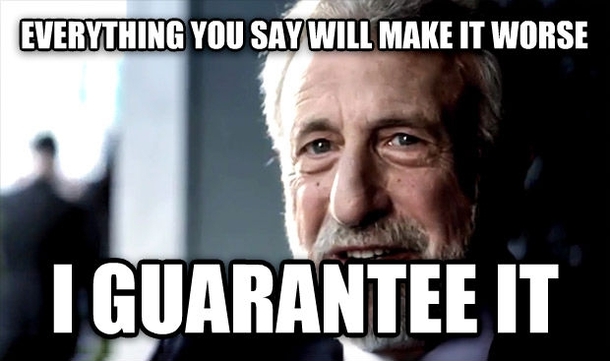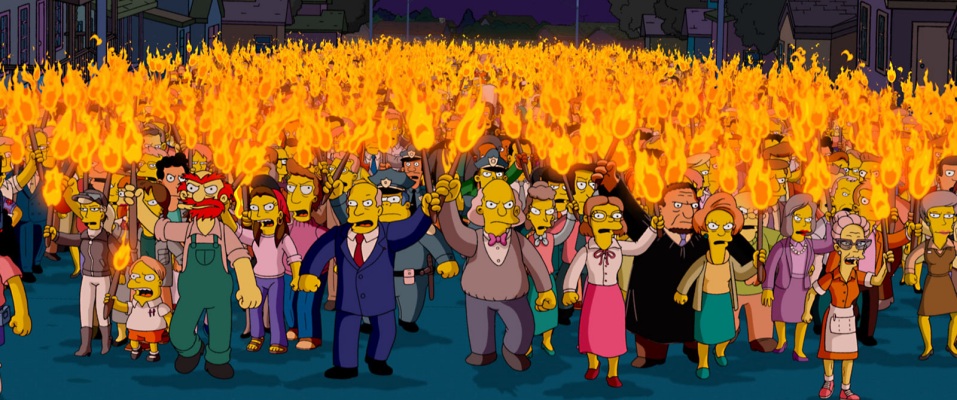People aren't upset with Robinhood for restricting buys of $GME, $AMC, $BB, $NOK, etc.
What they're REALLY upset about is the bait-and-switch so many high-growth startups do with their messaging weighted against their business models.
Here's how it works
What they're REALLY upset about is the bait-and-switch so many high-growth startups do with their messaging weighted against their business models.
Here's how it works

1/ In 2013, founders Vlad Tenev and Baiju Bhatt came up with a radically different approach to investing.
"Free stock trades," said every headline. While incumbents like Schwab were charging customers every time they went in and out of a trade, Robinhood charged $0.
How?
"Free stock trades," said every headline. While incumbents like Schwab were charging customers every time they went in and out of a trade, Robinhood charged $0.
How?
2/ In a CNBC interview, when asked about monetization, their answer was, "Margin lending, payment for order flow, interest on cash balances. We’ll have those on Day One."
The problem?
Their target audience didn't understand what that actually meant. https://www.cnbc.com/2014/02/27/robinhood-a-new-app-offers-free-stock-trades.html
The problem?
Their target audience didn't understand what that actually meant. https://www.cnbc.com/2014/02/27/robinhood-a-new-app-offers-free-stock-trades.html
3/ Biz model is rarely the thing that captures customer attention.
And in this case, Robinhood's message was emotionally compelling:
“Robinhood is not about ‘taking from the rich and giving to the poor.’ It’s about allowing everyone to fully share in the fruits of capitalism."
And in this case, Robinhood's message was emotionally compelling:
“Robinhood is not about ‘taking from the rich and giving to the poor.’ It’s about allowing everyone to fully share in the fruits of capitalism."
4/ Unfortunately, one of those revenue streams (which today is a $600M+/yr biz) has an undertone of irony.
Robinhood's brand & message stands for investing equality.
But they make $600M+/yr selling the order flow from retail customers to prof investors https://www.cnbc.com/2020/08/13/how-robinhood-makes-money-on-customer-trades-despite-making-it-free.html
Robinhood's brand & message stands for investing equality.
But they make $600M+/yr selling the order flow from retail customers to prof investors https://www.cnbc.com/2020/08/13/how-robinhood-makes-money-on-customer-trades-despite-making-it-free.html
5/ It wasn't until last week, when $GME went to the moon 
 and Robinhood was forced to throttle continued purchasing that the world fully understood their business model.
and Robinhood was forced to throttle continued purchasing that the world fully understood their business model.
"Take from the poor and give to the rich."
Not in terms of money, but in terms of data.
Which here = $$

 and Robinhood was forced to throttle continued purchasing that the world fully understood their business model.
and Robinhood was forced to throttle continued purchasing that the world fully understood their business model."Take from the poor and give to the rich."
Not in terms of money, but in terms of data.
Which here = $$
6/ We have witnessed this same "revealing moment" happen time and time again.
Facebook is free—until you realize you are the product.
YouTube is free—until you realize you are the product.
Instagram is free—until you realize you are the product. https://www.theatlantic.com/technology/archive/2017/10/what-facebook-did/542502/
Facebook is free—until you realize you are the product.
YouTube is free—until you realize you are the product.
Instagram is free—until you realize you are the product. https://www.theatlantic.com/technology/archive/2017/10/what-facebook-did/542502/
7/ Around Silicon Valley & other startup hubs is an almost religious commitment to "make the world a better place" and "have an impact."
And while the positives may outweigh the negatives in the end, how we get there is a troubling story that leaves users saying:
"You lied."
And while the positives may outweigh the negatives in the end, how we get there is a troubling story that leaves users saying:
"You lied."
8/ In this case, Robinhood failed to acknowledge that what made their biz model work was the very inequality it aimed to solve:
- Retail investors don't know what they're doing, so selling their order flow is fine.
- Professional investors do, and so they'll gladly buy it.
- Retail investors don't know what they're doing, so selling their order flow is fine.
- Professional investors do, and so they'll gladly buy it.
9/ The reason $GME and /wallstreetbets has been such a Chernobyl moment for Robinhood is because it reveals technology's largest issue in society:
As users, we want (and love) easy, free, frictionless experiences.
But in order to create them, someone has to pay.
As users, we want (and love) easy, free, frictionless experiences.
But in order to create them, someone has to pay.
10/ How we (the people) pay is by selling our data.
And the deeper problem is: we didn't know that was the cost.
We didn't know our using the app was furthering the same inequality we were trying to escape.
The result?
Feeling betrayed.
And the deeper problem is: we didn't know that was the cost.
We didn't know our using the app was furthering the same inequality we were trying to escape.
The result?
Feeling betrayed.
11/ There is only 1 solution:
Transparency with an option to opt-out.
Robinhood accelerated the finance industry in unparalleled ways. When I discovered the app in 2014, I thought it was the coolest thing ever to invest from my iPhone for $0.
Their biz model was smart.
Transparency with an option to opt-out.
Robinhood accelerated the finance industry in unparalleled ways. When I discovered the app in 2014, I thought it was the coolest thing ever to invest from my iPhone for $0.
Their biz model was smart.
12/ Where startups like Robinhood go wrong is in only telling one side of the story—and not allowing users to opt-out of the cartel.
Same goes for Facebook. And Instagram. And YouTube. And Whatsapp. Etc.
Data is the new currency, which means data can also create inequality.
Same goes for Facebook. And Instagram. And YouTube. And Whatsapp. Etc.
Data is the new currency, which means data can also create inequality.
13/ The inequality gap of the future will not just be "I have a big house and you have a small house."
It will be, "I have access to information before you, faster than you, with more context."
Robinhood is just the next example in this much larger narrative playing out.
It will be, "I have access to information before you, faster than you, with more context."
Robinhood is just the next example in this much larger narrative playing out.

 Read on Twitter
Read on Twitter